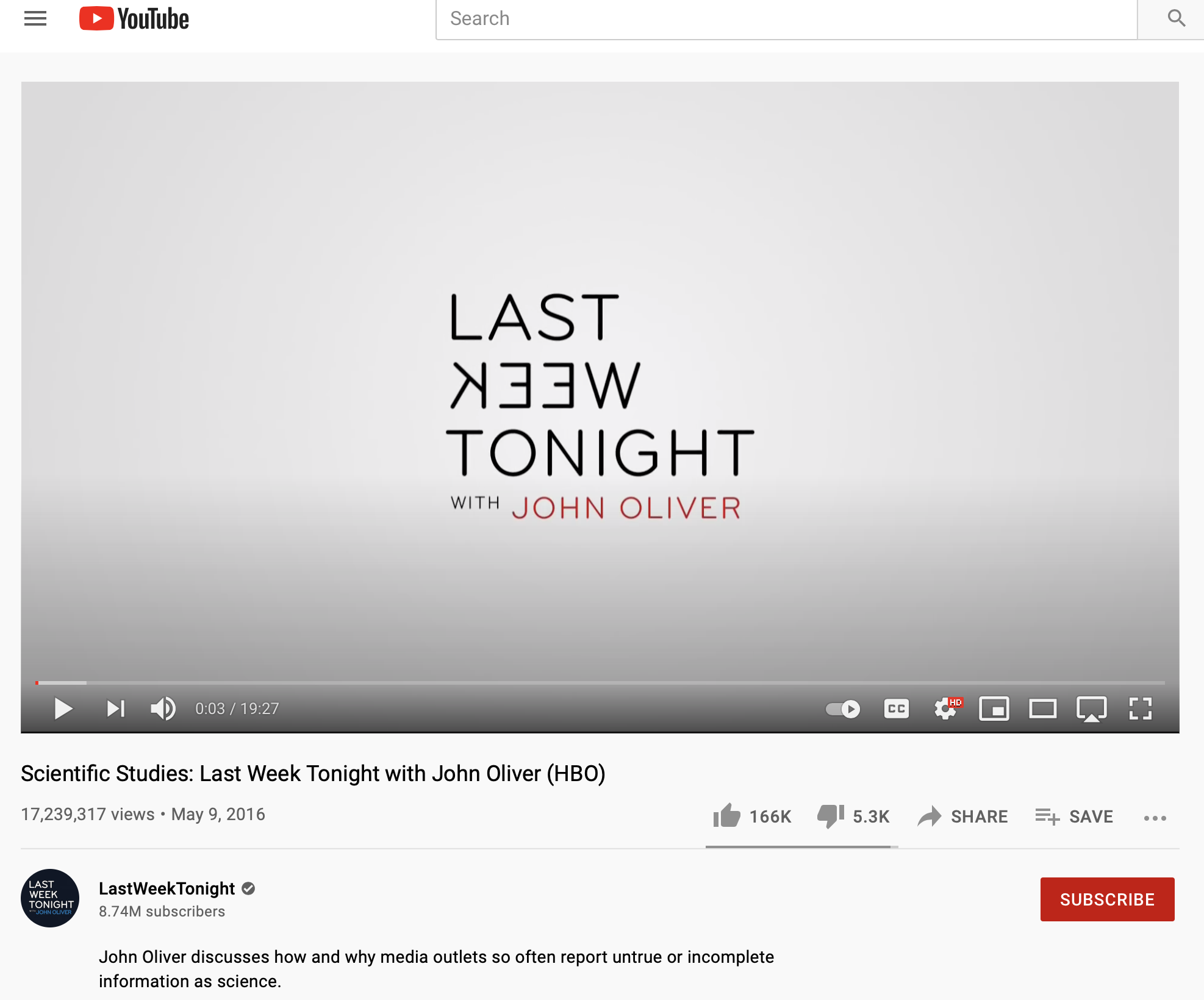Unit 13: Research Goals. Other things to consider.
68 Problems with Scientific Ways of Knowing
There’s a quote from Einstein that goes something like “if we knew what we were doing it wouldn’t be called research.” A lot of research is trial and error – really really really sophisticated and systematic trial and error. That means that there WILL be error. And here’s the rub, y’all, society is REALLY unforgiving of these errors. For example, butter, is it good, is it bad, do we actually know? When the science self-corrects, as it’s supposed to, the general public feel cheated. It’s understandable, but a difficult disconnect! It doesn’t help that there are challenges within the way science operates. Hey, we all have flaws. The good news for you is that the skills we’ll build in this course (such as lateral reading) will help you think critically about any potential flaws and if they affect the strength of the research findings presented. Turning it over to your student textbook authors:
Learning Objectives
Understand what factors limit science, and think about how to consider them when evaluating information.
Let’s Review! What are the 7 types of everyday or common ways of knowing?
Potential Problems with Scientific Ways of Knowing:
- Scientific communities
- The community has some limitations due to receiving a standard education, having a limited supply of books, and boundaries of that standard literature mark the limits of a scientific subject matter. This can make scientists end in the same conclusion.
Or, perhaps more entertaining, watch what Jon Oliver has to say about scientific studies (warning: This is not exactly G rated)
The link was being screwy. This is what you should see when you click. If not, please search for the video by popping something like “scientific studies jon oliver” in your favorite search bar.

…and here’s another thing…
Research Questions and Hypotheses [you choose to ask]
Or possibly… the question that researcher(s) chose to ask.
WHO is asking the questions and WHY they are asking affects…well…everything!
After processing everything through their ologies, and through their paradigm – both through nature (research is a personal thing – for all of us!) and nurture (ways of doing things handed down through education – remember the problems with science discussion?). As you know (if you’ve been reading this text at all, and you’re here now reading, obviously, so I’m guessing that you know) the concepts and terms we’re discussing in this course are multi-pronged and interdependent.
In short - reading ACROSS multiple sources to determine credibility instead of staying within the webpage.
